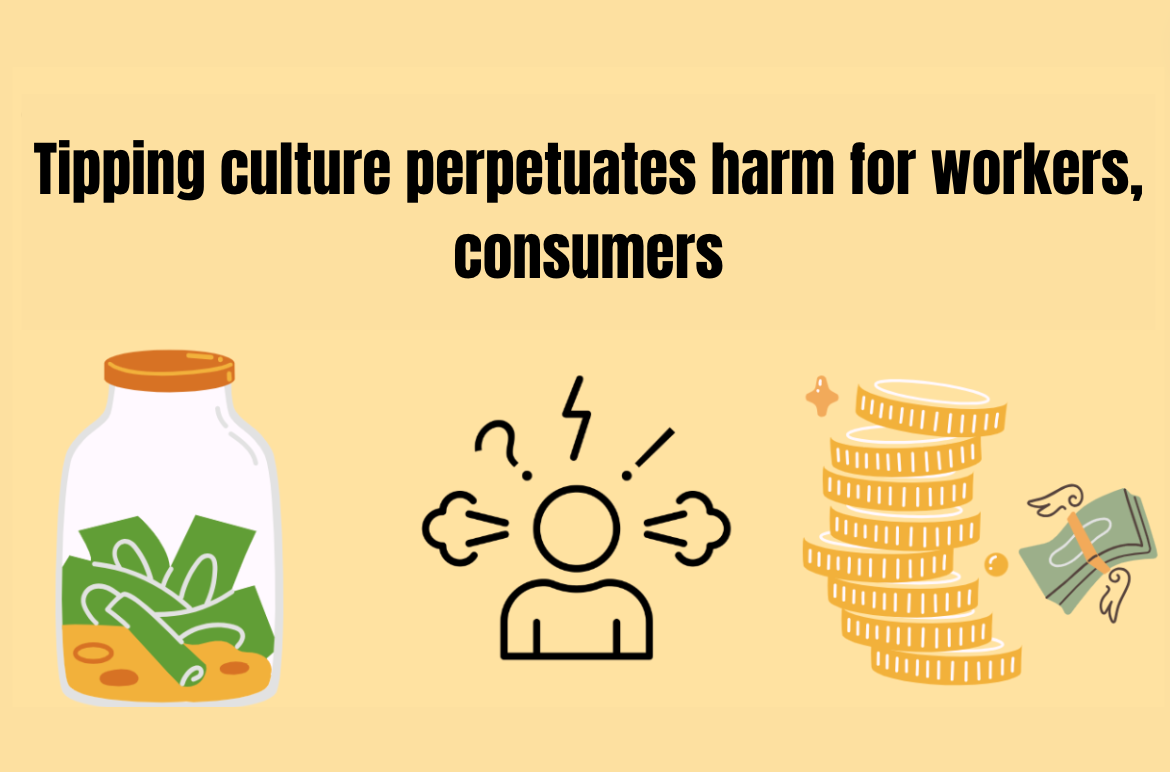IAN SCOVILLE OPINIONS EDITOR
Maybe it is just my inner-student speaking, but I have a problem with the way we learn at ASL. It is not a problem with the material we’re being taught, the way we are being taught, or who is teaching it to us, but the way in which we are assessed.
Unlike what I expect to be a majority of students, I am a fan of grades. I believe they accurately represent the status of a student’s learning in a class and their abilities. But I believe the school is suffering from grade overload. During my high school career, I can count on one hand the times I have done a project, presentation, or other piece of creative work that hasn’t been graded.
Formal assessment is an incredibly important part of our educational experience. Without it, it would be near impossible to know whether or not we actually comprehend and can apply information in various situations. But there comes a point where formal assessments become counterproductive. Over-assessment, whether it’s grading every assignment, every Harkness discussion, or simply too many grades in general, takes the joy and experience out of learning. Does that map in your history class really have to be graded? Does every piece of writing in English class have to be graded? Why can’t we just learn for the sake of learning?
The administration should introduce a policy recommending an increase in the amount of non-graded assessments; maybe the recommendation of one per unit of study. I (and probably many others) have simply burned out as a result of the large quantity of formal assessments and grades we receive.
At a certain point, the work becomes about meeting the requirements on the rubric or speaking enough times to get the “A” rather than producing a piece of work that challenges my thought process and forces me to synthesize the information. Less and less frequently do I do something for the sake of exploring my ideas or creativity, or expanding my knowledge. An opportunity to work every so often without the burden of a grade on my shoulders, and to just be creative with my thinking and take some risks would be a welcome improvement to the quality of everyone’s education and their work quality.
Alfie Kohn, a critic of traditional schooling, writes in a report titled Grading: The Issue is Not How but Why published in 1994, “Studies also show that, contrary to the conventional wisdom in our society, people who have been led to think about what they will receive for engaging in a task (or for doing it well) are apt to do lower quality work than those who are not expecting to get anything at all.” Long story short, if we’re not forced to think about the outcome of a task, whether it be a reward or a grade, we actually perform better on them and, in turn, challenge our knowledge and force ourselves to improve.
I am in no way suggesting that ASL should abolish grades: That’s ridiculous. But I do think change is needed in the way we are assessed in our learning. A mindset or policy set out by departments to introduce more regular assignments that are not graded, such as projects, will allow students to use all of their knowledge without the stress of receiving a grade.
ian_scoville@asl.org








